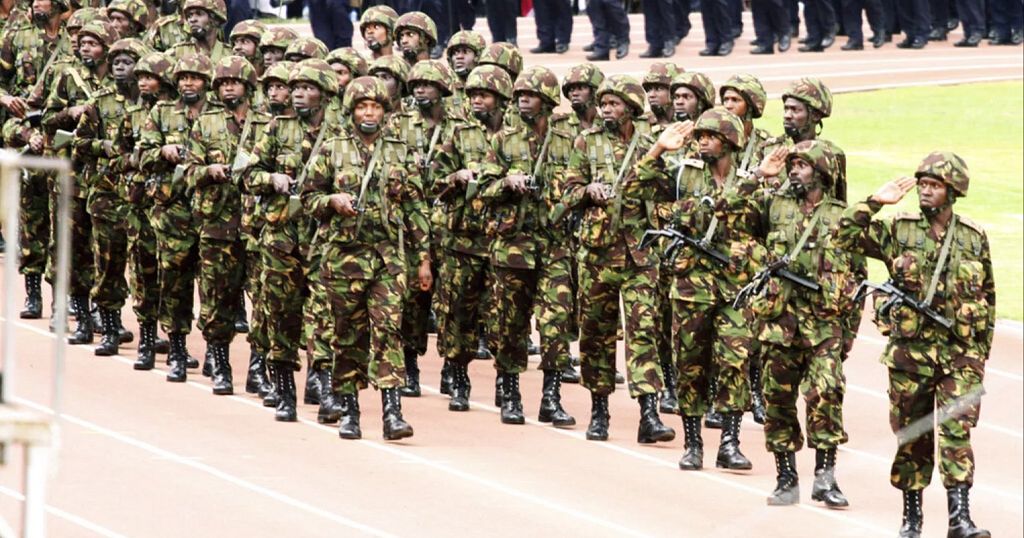The United States is reviewing Kenya’s strategic partnership status amid rising concerns over the East African nation’s deepening diplomatic and military engagements with geopolitical rivals of the West. A comprehensive 180-day assessment, ordered by Secretary of State Antony Blinken, will determine whether Kenya retains its designation as a Major Non-NATO Ally (MNNA), a privileged status granted by the Biden administration in June 2024 that marked the first such approval for a sub-Saharan African country.
The review, prompted by a directive from Republican Senator Jim Risch, centers on Kenya’s involvement in China’s Belt and Road Initiative (BRI) and its expanding military and economic collaboration with Beijing. During a Senate Foreign Relations Committee hearing in May, Risch criticized Kenyan President William Ruto’s recent statement describing Kenya and China as “co-architects of a new world order,” arguing that Nairobi’s stance veers beyond alignment into overt geopolitical allegiance. “Relying on leaders who embrace Beijing so openly is an error,” said Risch, who called for broader scrutiny of U.S. allies cultivating close ties with China.
The State Department will also examine Nairobi’s relationships with Iran and Russia, alongside alleged connections to militant groups such as Somalia’s Al-Shabaab and Sudan’s Rapid Support Forces. An additional Senate mandate requires an inquiry into claims that Kenyan authorities used U.S.-provided security intelligence to facilitate abductions and torture of civilians.
Losing MNNA status could carry significant consequences for Kenya’s military capabilities and regional influence. The designation currently grants access to advanced U.S. defense technology, joint training programs, and preferential financing for arms purchases. Revocation might also disrupt Kenya’s leadership of a U.N.-backed security mission in Haiti, a deployment partly enabled by U.S. logistical support.
The Biden administration initially viewed Kenya’s MNNA designation as a cornerstone for counterterrorism collaboration in the Horn of Africa, where Nairobi has been a pivotal partner in combating groups like Al-Shabaab. Analysts warn that strained ties could weaken counterextremism efforts while creating openings for China and Russia to expand their security and economic footprints in the region. Over the past decade, Beijing has invested heavily in Kenyan infrastructure projects under the BRI, while Moscow has sought to strengthen defense cooperation with African nations amid Western sanctions over the Ukraine war.
The review’s outcome, expected by early 2025, arrives at a diplomatically sensitive juncture. While U.S. officials emphasize the need to safeguard shared security interests, Kenyan leaders have increasingly framed multilateral partnerships as essential to navigating a shifting global order. The assessment underscores growing U.S. scrutiny of allies balancing relationships with rival powers—a dynamic reshaping international alliances across the Global South.
